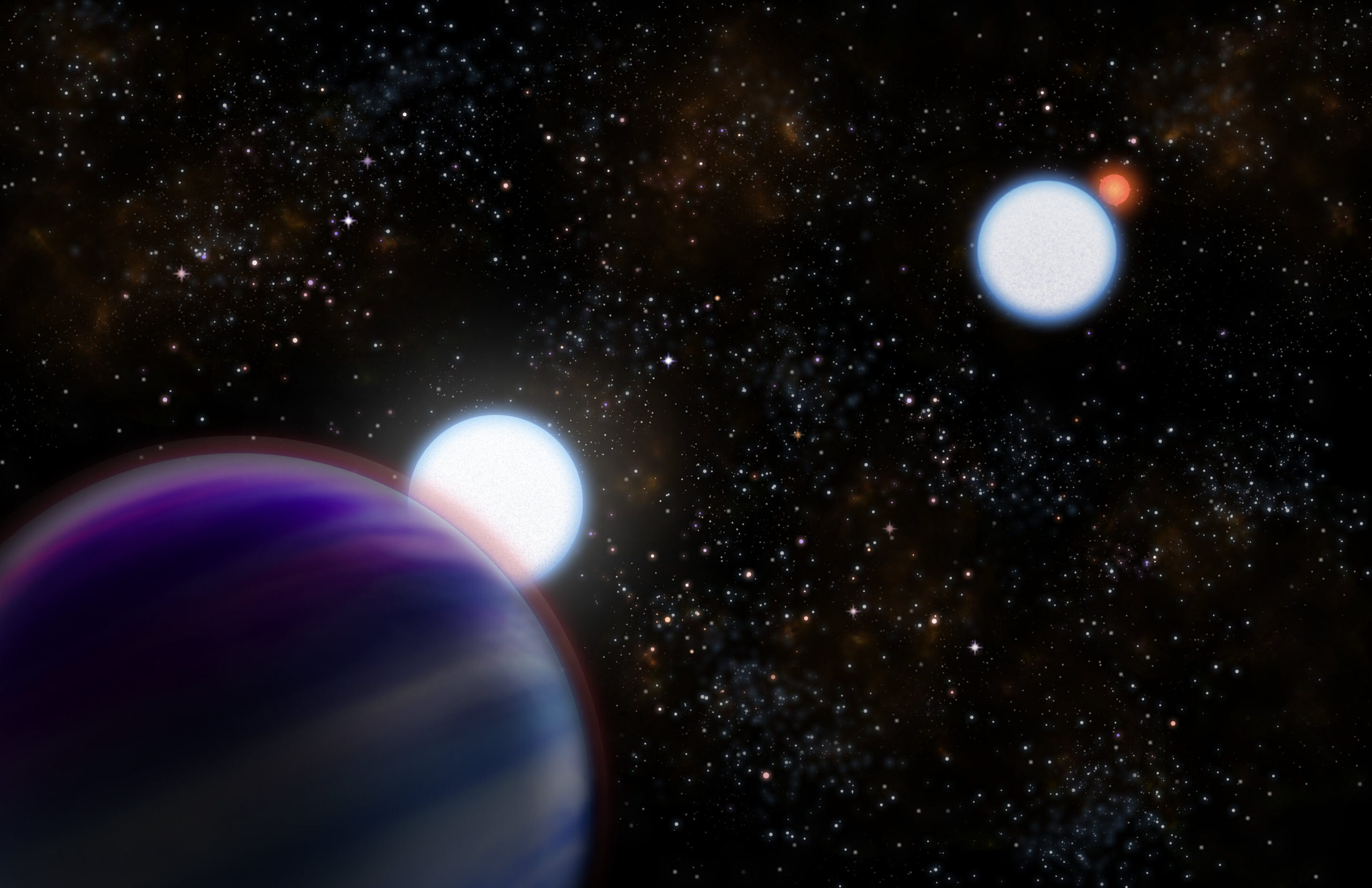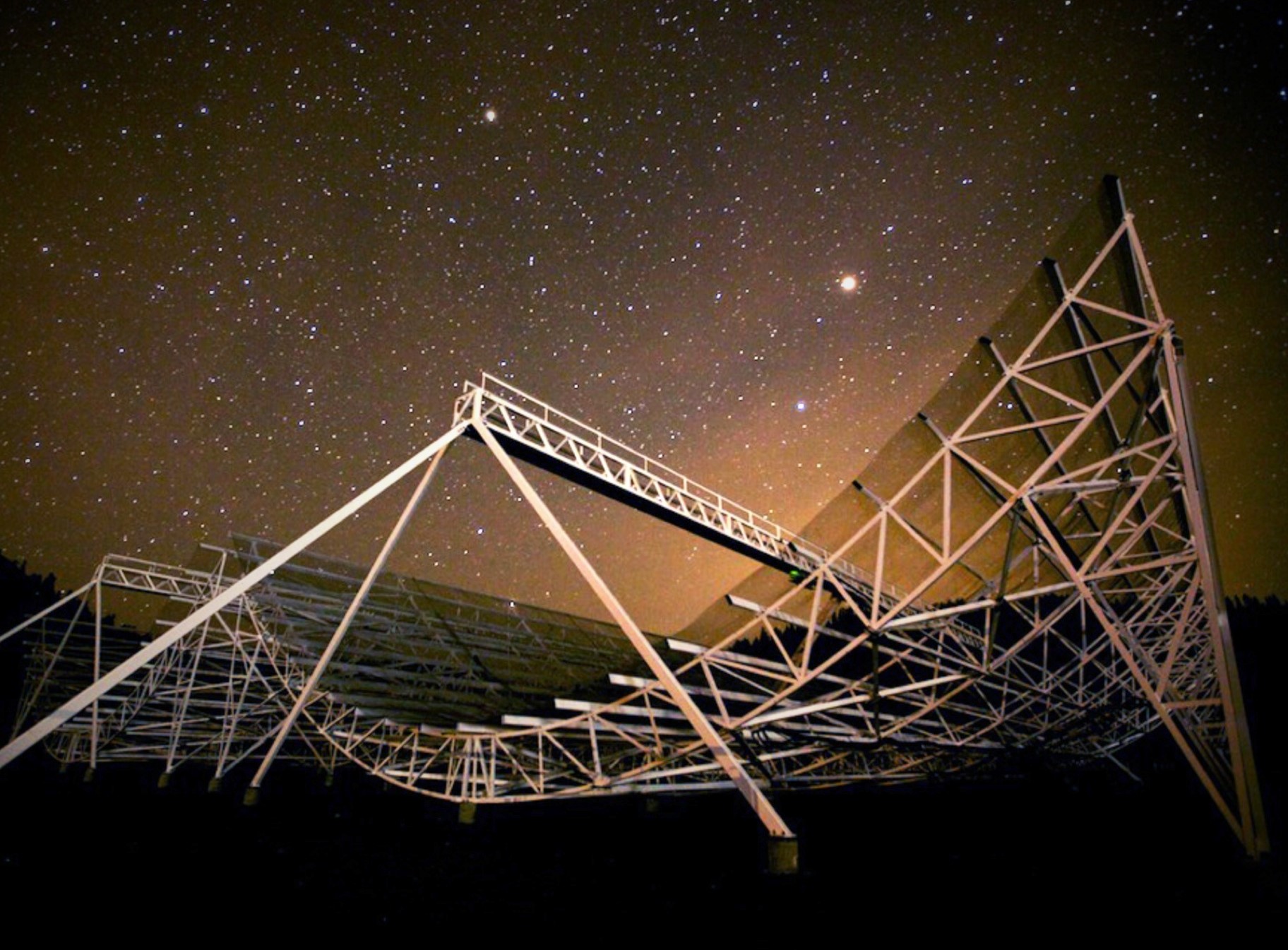Interesting Astronomy & Astrophysics news from the week of 8/30/2020
Next week’s night sky: Wednesday marks the end of Mars’s forward retrograde motion. If you train a camera on Mars all night, you will notice that it stops moving forward and starts going backward! This effect happens because Mars’s orbit is slower than ours. You can observe this effect when you are neck to neck with another car on the highway, and then pull ahead. Next Thursday is a third-quarter moon. Look extremely closely at the terminator between night and day to see the fine details in […]
Read more

